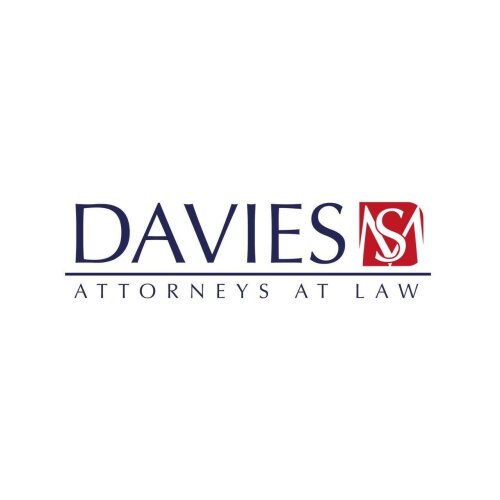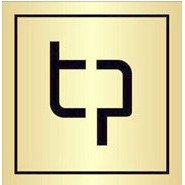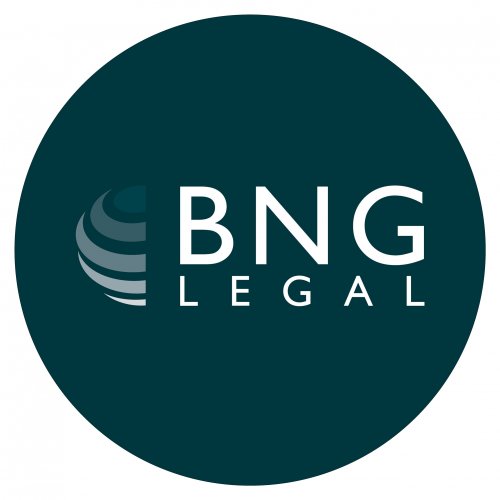Best Banking & Finance Lawyers in Cambodia
Share your needs with us, get contacted by law firms.
Free. Takes 2 min.
Or refine your search by selecting a city:
List of the best lawyers in Cambodia
About Banking & Finance Law in Cambodia
In Cambodia, the Banking and Finance sector is governed by a system of laws set out and regulated by the National Bank of Cambodia (NBC) and Securities and Exchange Commission of Cambodia (SECC). These laws and regulations help in structuring and controlling all forms of financial activities such as banking, insurance, microfinance, leasing, and securities. The legal framework in place is being continuously updated to provide a conducive environment for businesses and investors while protecting the rights of consumers.
Why You May Need a Lawyer
Navigating the complexities of the Banking and Finance law can be daunting especially in a dynamic regulatory environment like Cambodia. Reasons you may need a lawyer include drafting and negotiating contracts, resolving disputes with banks or financial institutions, compliance with Anti-Money Laundering (AML) and Know Your Customer (KYC) requirements, setting up a new banking or financial institution, and dealing with bankruptcy or insolvency matters. Also, businesses and individuals may need legal help to understand the tax implications, property rights and laws applicable in case of investment or cross-border transactions.
Local Laws Overview
The primary laws governing Banking & Finance in Cambodia are the Law on Banking and Financial Institutions (1999), the Law on Commercial Enterprises (2005), the Law on Insolvency (2007), and the Law on Anti-Money Laundering and Combating the Financing of Terrorism (2007). Other relevant laws include the Law on Microfinance Institutions (2007), the Law on Foreign Exchange (2007), and the recent Law on Payment Services (2019). All these laws ensure the transparency, competitiveness, and overall stability of Cambodia's financial sectors.
Frequently Asked Questions
1. What is the role of the National Bank of Cambodia?
The National Bank of Cambodia is the central bank in the country, providing monetary policy and regulation, managing the country's foreign reserves, and licensing, regulating, and supervising all banks and financial institutions in Cambodia.
2. Is foreign investment in the banking sector allowed?
Yes, foreign financiers and investors are welcomed and even encouraged under Cambodian law, subject to meeting licensing requirements and approval from the National Bank of Cambodia.
3. What laws regulate Anti-Money Laundering and Terrorism Financing?
The Law on Anti-Money Laundering and Combating the Financing of Terrorism (2007) is the primary law that deals with these issues.
4. Are there banking confidentiality laws in Cambodia?
Yes, Article 58 of the Law on Banking and Financial Institutions provides strict confidentiality provisions for customer information held by banks or financial institutions.
5. What laws protect customers against fraudulent practices?
The NBC has issued various prakas (regulations) that provide measures and penalties against fraudulent practices such as the Prakas on Banking Services Fees (2009).
6. Is there a law that controls interest rates?
The NBC directs the ceiling and floor interest rates, as per the prevailing regulatory and economic conditions.
7. What is the regulatory procedure for setting up a new banking or financial institution?
Setting up a banking or financial institution requires approval and licensing from the NBC, with a stringent review of the business plan, financial soundness, management qualifications, and other aspects.
8. What are the insolvency laws in Cambodia?
The Law on Insolvency and other supplementary regulations govern insolvency and rehabilitation procedures for businesses facing financial difficulties.
9. What laws control the issuance and trading of securities?
The Law on the Issuance and Trading of Non-Government Securities (2007) and its accompanying regulations govern securities trading in Cambodia and is under the supervision of the Securities and Exchange Commission of Cambodia.
10. Can foreigners own land as part of their investments in Cambodia?
While the Cambodian constitution limits land ownership to Cambodian nationals, foreign investors can obtain control of land through long-term leases, economic land concessions, or via Cambodian registered companies subject to statutory restrictions on share capital.
Additional Resources
The National Bank of Cambodia (NBC) and the Securities and Exchange Commission of Cambodia (SECC) are the primary government regulatory bodies for the banking and finance sector. Other resources include local and international law firms specializing in Cambodian Banking & Finance law, industry associations like the Association of Banks in Cambodia, and the Cambodia Investment Board for information on investment laws.
Next Steps
If you require legal assistance in the sector of Banking & Finance in Cambodia, it is advisable to consult a lawyer or a law firm specializing in Cambodian financial law for advice and representation. They will guide you on the necessary compliance and regulatory requirements, help you deal with contracts or disputes, and advise you on issues of investment, banking, or finance.
Lawzana helps you find the best lawyers and law firms in Cambodia through a curated and pre-screened list of qualified legal professionals. Our platform offers rankings and detailed profiles of attorneys and law firms, allowing you to compare based on practice areas, including Banking & Finance, experience, and client feedback.
Each profile includes a description of the firm's areas of practice, client reviews, team members and partners, year of establishment, spoken languages, office locations, contact information, social media presence, and any published articles or resources. Most firms on our platform speak English and are experienced in both local and international legal matters.
Get a quote from top-rated law firms in Cambodia — quickly, securely, and without unnecessary hassle.
Disclaimer:
The information provided on this page is for general informational purposes only and does not constitute legal advice. While we strive to ensure the accuracy and relevance of the content, legal information may change over time, and interpretations of the law can vary. You should always consult with a qualified legal professional for advice specific to your situation.
We disclaim all liability for actions taken or not taken based on the content of this page. If you believe any information is incorrect or outdated, please contact us, and we will review and update it where appropriate.
Browse banking & finance law firms by service in Cambodia
Cambodia Attorneys in related practice areas.
Browse banking & finance law firms by city in Cambodia
Refine your search by selecting a city.














